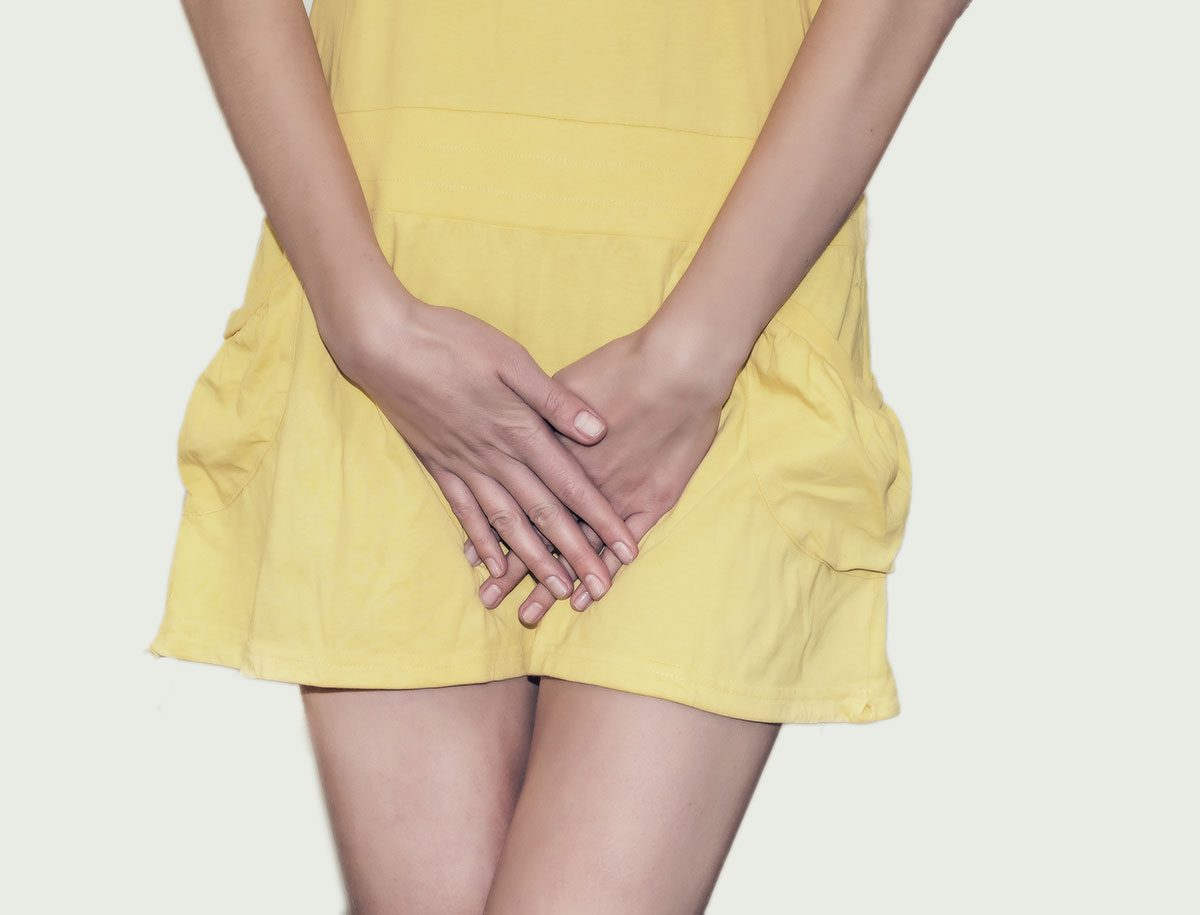If you feel as though you just don’t have control of your bladder or if you ever leak urine, you may be suffering from a condition called urinary incontinence. This loss of bladder control and urine leakage can happen when your bladder muscles tighten but your sphincter isn’t able to close off the urethra. This can happen for a number of reasons, such as laughing, sneezing, exercising, stress, pregnancy, childbirth, menopause, and problems with the nerves that control your urethra and bladder muscles.
Now that you understand the basics, here’s what you need to know and how incontinence might impact your life:
Prevalence
About one in two women and one in four men experience symptoms of urinary incontinence, according to the Urology Care Foundation. One reason it’s more common among women is that childbirth, pregnancy, and menopause all might affect the urinary tract and potentially weaken the pelvic floor muscles. When the pelvic floor muscles are weak, the urinary tract muscles must work harder to keep urine in, and this added stress can lead to urinary leakage.
Another reason is that the urethra is shorter in the female body, leaving women more prone to urinary incontinence.
Causes
Most of the time, urinary continence is due to problems with the muscles and nerves that help you hold in urine and pass urine. Some common contributors to urinary incontinence include chronic constipation, being overweight, damage to the pelvic floor muscles during surgery on the reproductive organs, and nerve damage. Short-term urinary incontinence can occur due to urinary tract or bladder infections, as a medication side effect, or after caffeine intake.
Pregnancy & Bladder Control
Up to 40 percent of women experience urinary incontinence while pregnant. Why does this happen? As your baby grows during pregnancy, this puts pressure on the bladder and pelvic floor muscles. This can lead to weakened pelvic floor muscles and you may leak urine. But there’s good news—typically, this problem doesn’t persist long after childbirth.
The pelvic floor muscles can also weaken during a vaginal childbirth, leading to short-term urinary incontinence. Usually this resolves within six weeks of childbirth.
Menopause & Bladder Control
Post-menopausal women produce less estrogen, which might weaken the urethra and lead to issues with urinary incontinence.
If you would like to meet with a knowledgeable doctor, consider contacting Women’s Health Arizona. As Arizona’s largest ObGyn group, we’re trained and solely dedicated to delivering the best ObGyn experience in convenient and comfortable settings around Phoenix.

